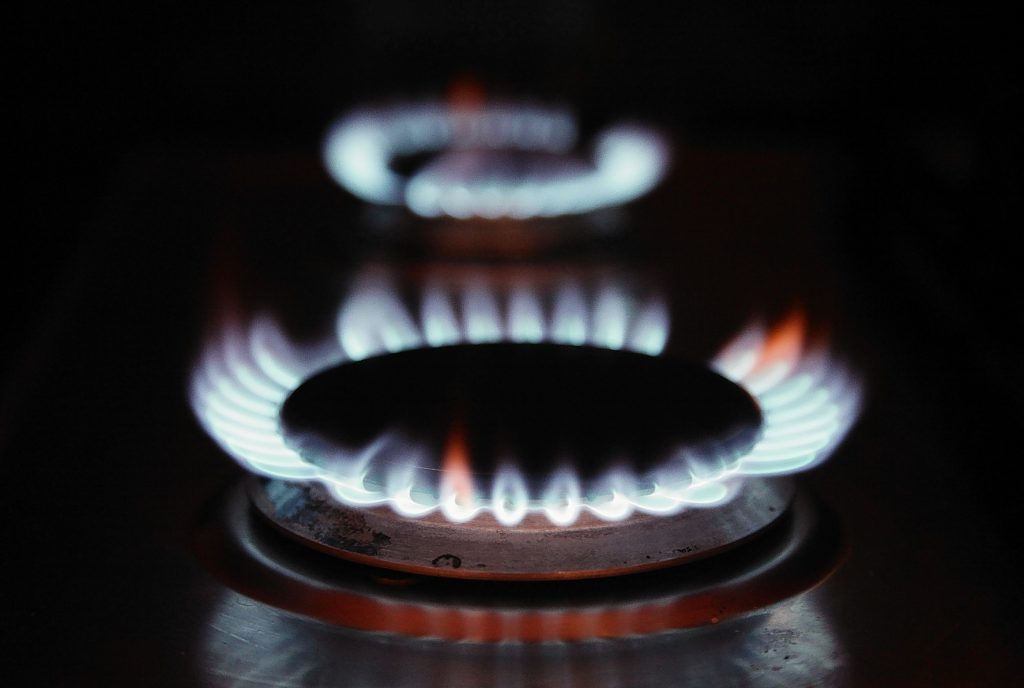
Energy bills look set to fall next year after Ofgem slashed the revenues that network companies are allowed to collect by nearly £1 billion as the cost of borrowing fell.
Households will likely face a windfall after the £965 million reduction, Ofgem said, although not all of it will be passed on to customers.
The regulator said that lower interest rates had pushed down what it cost companies to borrow, meaning they needed to collect less money to pay interest.
Companies had also managed to slash costs, with some of this now being passed on to customers.
Ofgem controls the price of the distribution and transmission of gas and electricity. This is separate from the regulator’s price cap on what suppliers can charge customers on their default tariffs which was introduced in January.
The amount that networks are allowed to collect has changed every year since the price controls were first introduced in 2013 to make sure they are kept up to date.
Trade body the Energy Networks Association said the process is an important part of a price control system “that has allowed network companies to considerably improve their performance while keeping costs down for the public”.
“As we look to meet our net zero climate targets, the next regulatory regime must allow network companies to continue to attract significant levels of investment, while keeping their focus on innovation and delivering improved performance for the public.”
The energy networks, which include FTSE-listed National Grid, have been thrown into the spotlight this year after the Labour Party said it would bring them back under national ownership if it forms the next government.
Shadow business secretary Rebecca Long-Bailey announced the policy in May, saying that taking the grid into public hands would help Britain through a green revolution.
However National Grid said that it is the last thing that the industry needs.
“These proposals for state-ownership of the energy networks would only serve to delay the huge amount of progress and investment that is already helping to make this country a leader in the move to green energy,” the company said at the time.
“At a time when there is increased urgency to meet the challenges of climate change the last thing that is needed is the enormous distraction, cost and complexity contained in these plans.”
